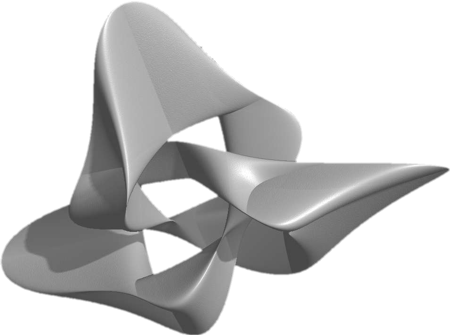Epistemology
Epistemology, the branch of philosophy concerned with the nature, scope, and limits of human knowledge, delves into the fundamental question: How do we know what we know? Within this realm, two key concepts play pivotal roles in shaping our understanding of knowledge acquisition: a priori and a posteriori knowledge.
Epistemology: Grasping the Nature of Knowledge
Before diving into the distinctions between a priori and a posteriori knowledge, it’s essential to grasp the broader field of epistemology. Epistemology seeks to explore the processes, sources, and validity of knowledge. It delves into questions such as: What is knowledge? How is it acquired? Can we trust our senses? These inquiries form the bedrock upon which the understanding of a priori and a posteriori knowledge rests.
A Priori Knowledge: The Realm of Pure Reason
A priori knowledge refers to knowledge that is independent of empirical evidence or experience. It is rooted in pure reason and can be discerned through deductive reasoning alone. This type of knowledge relies on innate concepts, logical principles, and analytical truths. Examples of a priori knowledge include mathematical truths (2 + 2 = 4), tautologies (all bachelors are unmarried), and conceptual truths (a triangle has three sides).
One distinguishing feature of a priori knowledge is its universality and necessity. It holds true in all possible worlds and is not contingent on sensory experience. Kant, a prominent philosopher, argued that a priori knowledge provides the necessary framework for organizing sensory experience and understanding the world.
A Posteriori Knowledge: Empirical Foundations
In contrast to a priori knowledge, a posteriori knowledge is derived from empirical evidence and sensory experience. This type of knowledge relies on observation, experimentation, and induction to draw conclusions about the world. Examples of a posteriori knowledge include scientific theories, historical facts, and personal experiences.
A key characteristic of a posteriori knowledge is its contingency and fallibility. It is subject to revision based on new evidence or observations. Scientific hypotheses, for instance, are continually tested and refined in light of empirical data, demonstrating the provisional nature of a posteriori knowledge.
Distinguishing Between the Two
The primary distinction between a priori and a posteriori knowledge lies in their sources and methods of acquisition. A priori knowledge is obtained through pure reasoning, independent of sensory experience, while a posteriori knowledge relies on empirical evidence and observation.
Furthermore, a priori knowledge is often characterized by necessity and universality, whereas a posteriori knowledge is contingent and subject to revision.
Implications and Applications
Understanding the differences between a priori and a posteriori knowledge has significant implications across various disciplines. In mathematics and logic, a priori knowledge forms the basis for rigorous proofs and deductions. In science, a posteriori knowledge drives empirical inquiry and the advancement of theories.
Moreover, recognizing the interplay between a priori and a posteriori knowledge sheds light on the nature of human cognition and the limits of our understanding. While a priori knowledge provides a foundational framework, a posteriori knowledge enriches our understanding of the world through empirical investigation.
Conclusion
In the realm of epistemology, the distinction between a priori and a posteriori knowledge serves as a cornerstone for understanding the nature and acquisition of knowledge. While a priori knowledge relies on pure reason and logical principles, a posteriori knowledge is grounded in empirical evidence and sensory experience. By grasping the nuances of these two forms of knowledge, we gain deeper insights into the workings of the human mind and the quest for truth.
